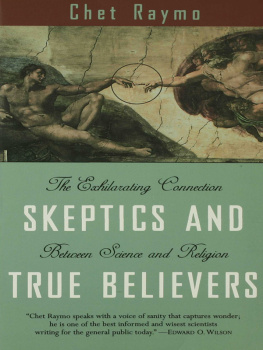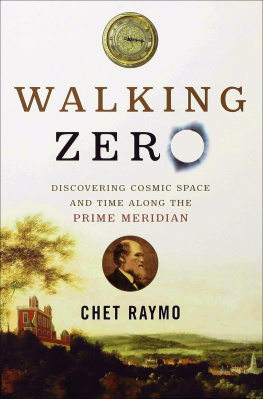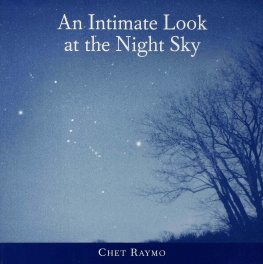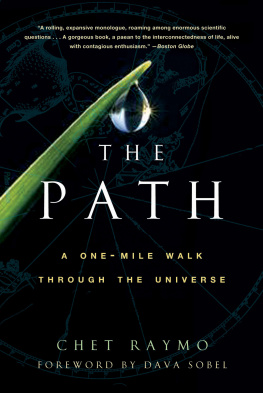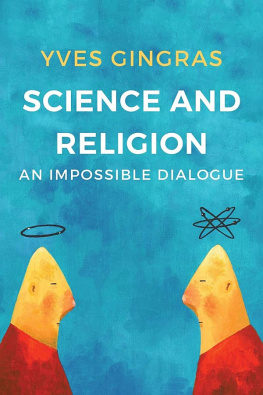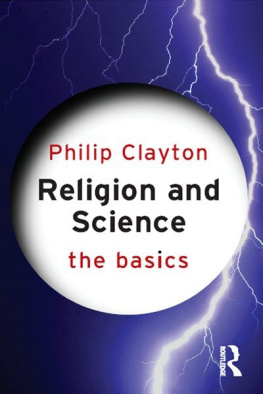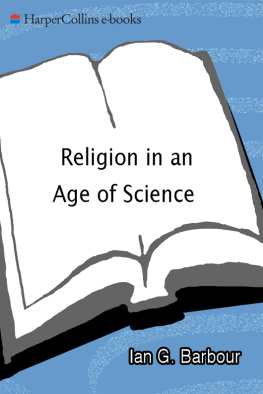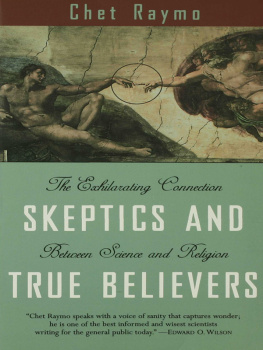Copyright 1998 by Chet Raymo
All rights reserved. No part of this book may be reproduced or transmitted in any form or by any means, electronic or mechanical, including photocopying, recording, or by any information storage and retrieval system, without permission in writing from the Publisher.
First published in the United States of America in 1998 by Walker Publishing Company, Inc.; first paperback edition published in 1999.
Excerpt from "When Death Comes" from New andSelected Poems, 1992 by Mary Oliver, reprinted by permission of Beacon Press. Excerpts from No Ordinary Genius are reprinted with permission of W. W. Norton. Jacob Bronowski's sonnet is reprinted with the permission of Simon &Schuster from Science and Human Values. Revised Edition by J. Bronowski. Copyright, 1956, 1965 by Jacob Bronowski; copyrights renewed 1984,' 1993 by Rita Bronowski. Excerpts from "Some Questions You Might Ask" and "The Ponds" from House of Light by Mary Oliver, 1990 by Mary Oliver, reprinted by permission of Beacon Press. Excerpt from "In Blackwater Woods," from American Primitive by Mary Oliver. Copyright 1983 by Mary Oliver; first appeared in Yankee magazine. By permission of Little, Brown and Company. Excerpt from "He Wishes for the Cloths of Heaven" by W. B. Yeats, reprinted with the permission of Scribner, a Division of Simon & Schuster, from The Collected Works of W. B. Yeats, Volume 1:The Poems, revised and edited by Richard J. Finneran (New York: Scribner, 1997).
Library of Congress Cataloging-in-Publication Data
Raymo, Chet.
Skeptics and true believers: the exhilarating connection between science and religion/Chet Ravmo.
p. cm.
Includes bibliographical references and index.
eISBN: 978-0-802-71904-1
1. Religion and science. I. Title.
BL240.2.R36 1998
215dc21 98-14647
CIP
Book design by Mauna Eichner
Printed in the United States of America
8 10 9
To MAUREEN
Contents
To invoke God as a blanket explanation of
the unexplained is to make God the friend of
ignorance. If God is to be found, it must surely
be through what we discover about the world, not
what we fail to discover.
Paul Davies, physicist
When it's over, I want to say: all my life
I was a bride married to amazement.
I was the bridegroom, taking the world into my arms.
Mary Oliver, poet
THERE'S A "God-shaped hole in many people's lives," says physicist and Anglican priest John Polk-inghorne. He's right, at least about there being a hole in our lives. To call the hole "God-shaped" begs the question, for the affliction of our times is that we have no satisfactory image of God that rests comfortably with what scientists have learned about creation. As we approach the end of the twentieth century, many educated people in the Western world long wistfully for something akin to traditional religious faith, but they know there can be no turning back to a world of divine fiats and penny miracles. As Polkinghorne says, they can neither accept the idea of God nor quite leave it alone.
I am one of those people, trained in science, who cannot quite accept the idea of God nor quite leave it alone. I am less pessimistic than most, however, that science and religion must remain in conflict. It seems to me that science is part of the traditional religious quest for the God of creation.
A vital religious faith has three components: a shared cosmology (a story of the universe and our place in it), spirituality (personal response to the mystery of the world), and liturgy (public expressions of awe and gratitude, including rites of passage). The apparent antagonism of science and religion centers mostly on cosmological questions: What is the universe? Where did it come from? Where is it going? What is the human self? Where do we fit in? What is our fate?
Humans have always had answers to these questions. The answers have been embodied in stories: tribal myths, scriptures, church traditions. All of these stories have been derived from a primordial experience of the creation. All of them contain enduring wisdom. But for many of us, these stories have been superseded as public knowledge by the scientific story of the universe.
In this book, I identify two intellectual postures we can adopt to questions of knowledge and faith. These two postures represent a fault line in our culture, an attitudinal chasm more profound than differences of politics or religious affiliation.
We are Skeptics or True Believers.
Skeptics are children of the Scientific Revolution and the Enlightenment. They are always a little lost in the vastness of the cosmos, but they trust the ability of the human mind to make sense of the world. They accept the evolving nature of truth and are willing to live with a measure of uncertainty. Their world is colored in shades of gray. They tend to be socially optimistic, creative, and confident of progress. Since they hold their truths tentatively, Skeptics are tolerant of cultural and religious diversity. They are more interested in refining their own views than in proselytizing others. If they are theists, they wrestle with their God in a continuing struggle of faith. They are often plagued by personal doubts and prone to depression.

